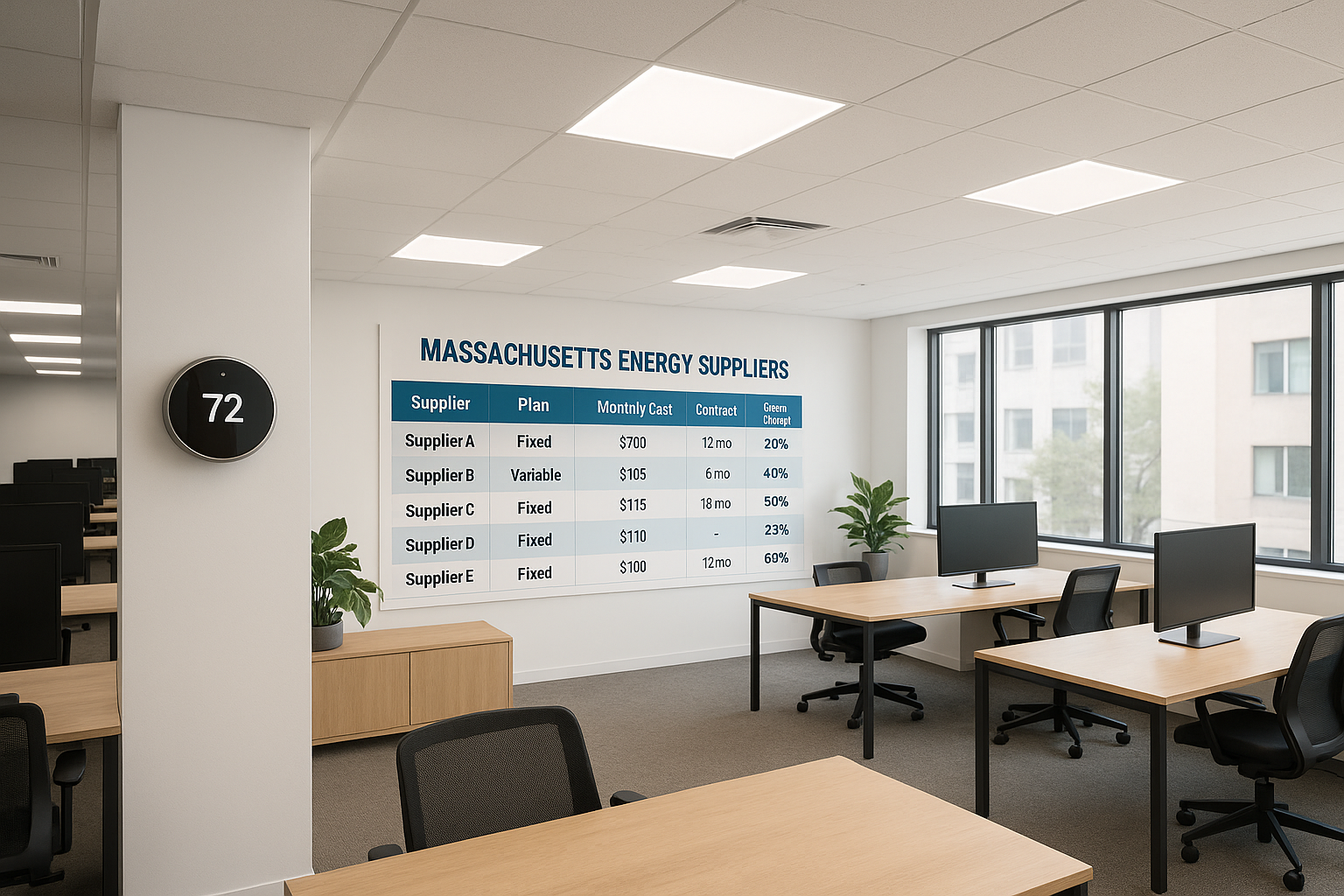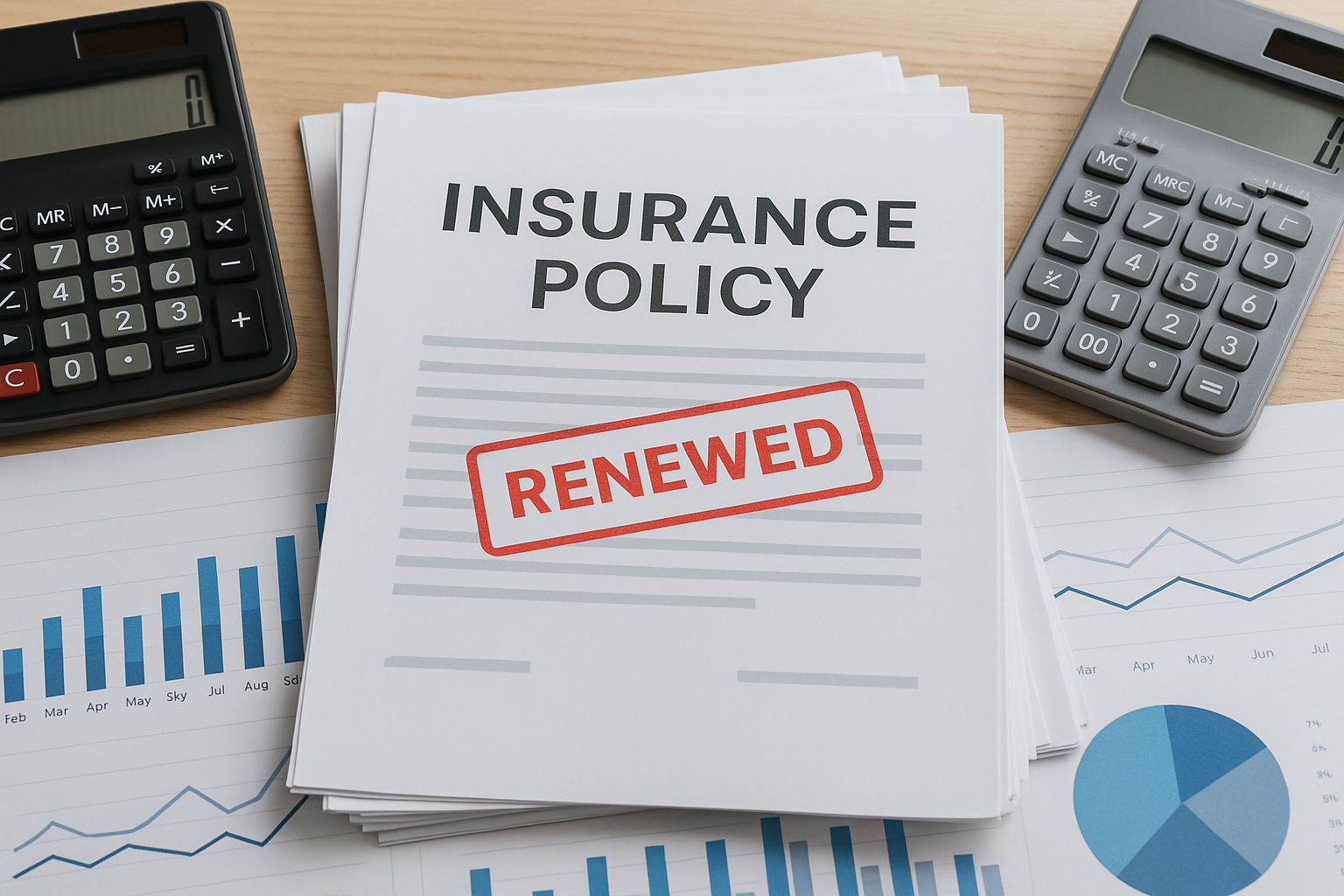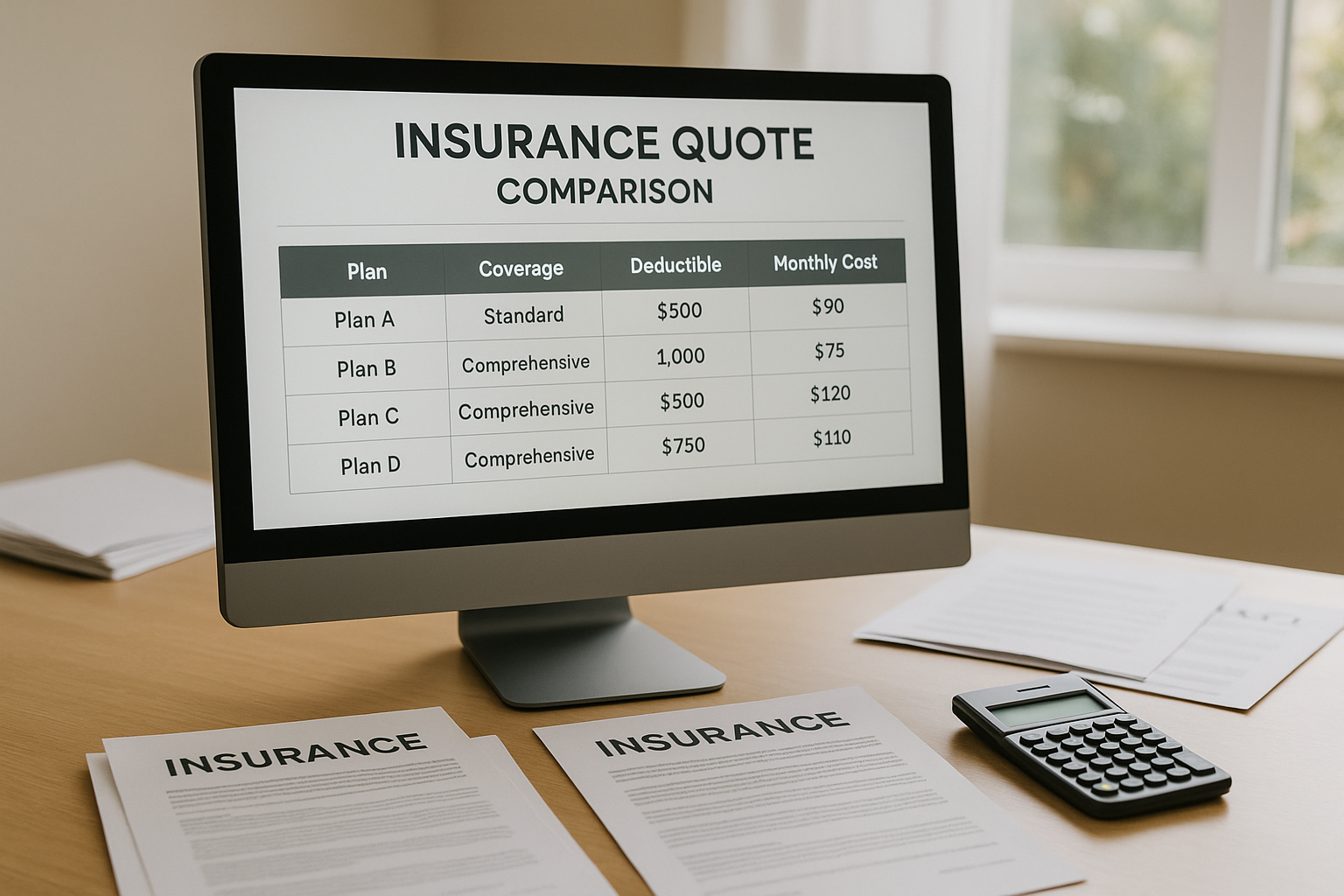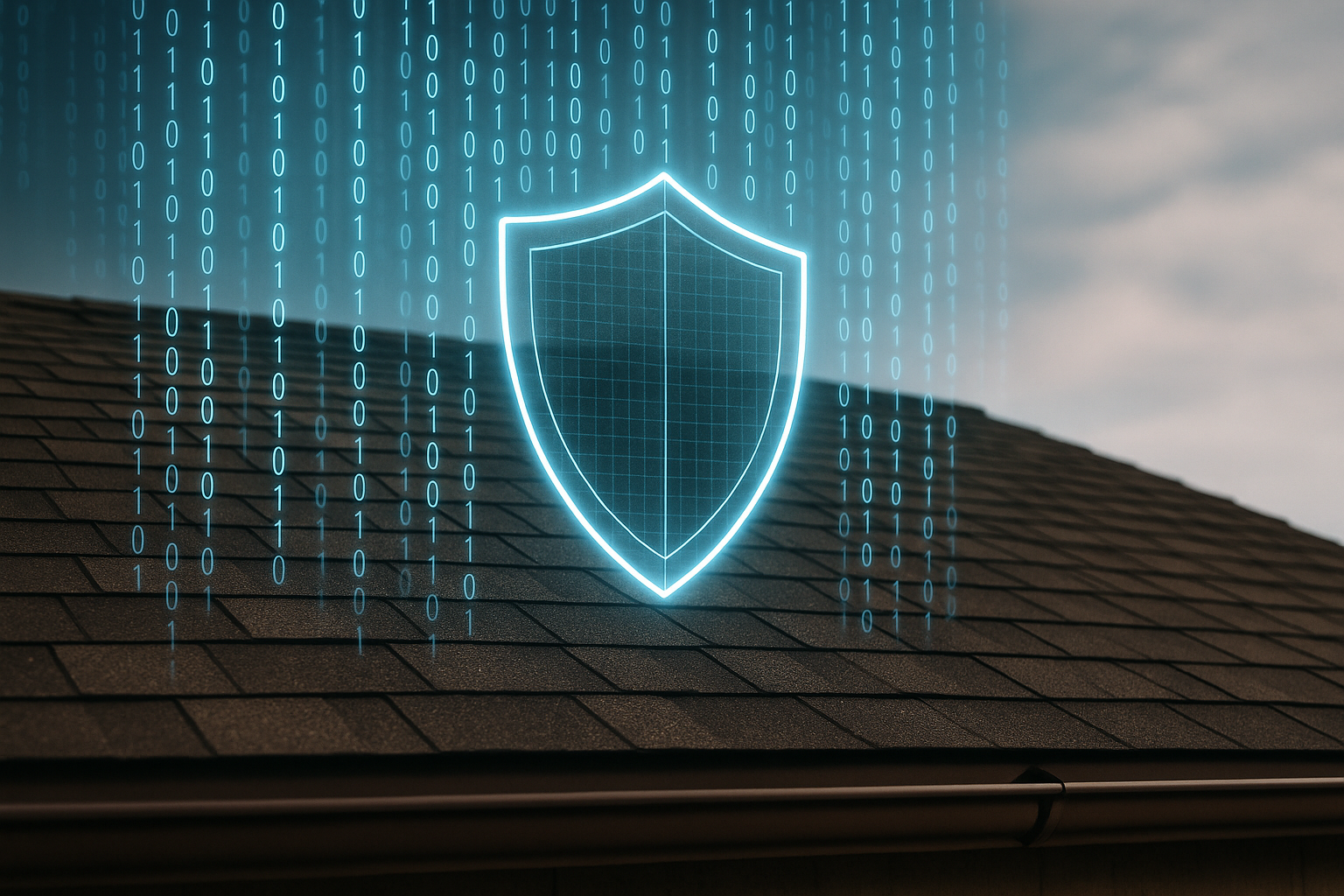Master Future-Ready Strategies With Seamless Eco Development Integration
If you're eager to lead the charge in sustainable innovation, mastering future-ready strategies with seamless eco-development integration is your gateway to driving impactful change—browse options to see how you can start today.
Understanding Eco Development Integration
Eco development integration refers to the strategic incorporation of sustainable practices into business operations and urban planning. As global awareness of environmental issues increases, the demand for green solutions has never been higher. Companies and municipalities are increasingly seeking ways to reduce their carbon footprint while maintaining efficiency and profitability. This approach not only addresses environmental concerns but also provides a competitive edge in today's market.
The Benefits of Eco Development Integration
Integrating eco-friendly strategies into your business or city planning can yield numerous benefits. Firstly, it can significantly reduce operational costs. By adopting energy-efficient technologies and sustainable materials, businesses can lower their utility bills and maintenance costs. For example, companies that invest in renewable energy sources, such as solar panels, often see a substantial decrease in energy expenses over time1.
Moreover, eco development integration enhances brand reputation and customer loyalty. Consumers are increasingly favoring brands that demonstrate a commitment to sustainability. By showcasing your eco-friendly initiatives, you can attract environmentally conscious customers and foster long-term relationships2.
Implementing Future-Ready Strategies
To successfully integrate eco development into your operations, consider the following strategies:
- Conduct a Sustainability Audit: Evaluate your current practices to identify areas for improvement. This can involve assessing energy use, waste management, and supply chain processes.
- Invest in Green Technology: Explore the latest advancements in renewable energy, energy-efficient appliances, and sustainable construction materials. These investments can pay off in the long run by reducing costs and enhancing efficiency.
- Engage Stakeholders: Involve employees, customers, and partners in your sustainability efforts. This can lead to innovative ideas and greater buy-in for your initiatives.
Real-World Examples and Success Stories
Several organizations have successfully implemented eco development integration, reaping significant rewards. For instance, the city of San Diego has committed to running on 100% renewable energy by 2035, a move expected to create jobs and boost the local economy3. Similarly, companies like Patagonia have built their brand around sustainability, gaining a loyal customer base and driving industry-wide change4.
Financial Considerations
While the initial investment in sustainable practices can be significant, the long-term financial benefits often outweigh the costs. Tax incentives and grants are available to businesses and municipalities that pursue green initiatives, making eco development integration a financially viable option. For example, the U.S. federal government offers tax credits for renewable energy projects, which can significantly offset the upfront costs5.
By embracing future-ready strategies and integrating eco development into your operations, you can unlock a multitude of benefits, from cost savings to enhanced brand reputation. As you explore the available options, consider how these sustainable practices can transform your business or community for the better.
References
- Homeowner's Guide to Going Solar - Energy.gov
- The Education of the Sustainable Mindset - Nielsen
- Clean Energy - City of San Diego
- Our Footprint - Patagonia
- Residential Renewable Energy Tax Credit - Energy.gov








